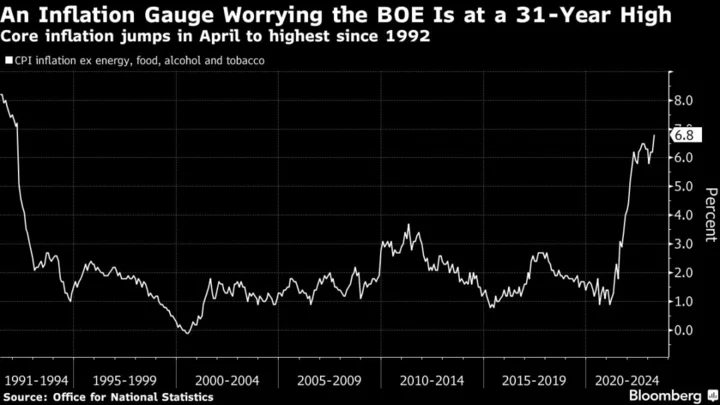
Former BOE Hawks Say UK Interest Rates Headed to 6% Pain Level
Hawkish former Bank of England rate-setters warned that interest rates will need to soar as high as 6%
2023-05-27 13:15

In critical week, Biden, Republicans search for outline of debt-limit deal
By David Morgan, Jeff Mason and Andy Sullivan WASHINGTON President Joe Biden and congressional Republicans enter a critical
2023-05-15 18:20

UK Should Reform Abused and Expensive Tax Reliefs, MPs Say
The UK Treasury should review hundreds of billions of pounds worth of tax breaks, according to a report
2023-07-26 16:20

Their parents made China the world's factory. Can the kids save the family business?
By David Kirton RUICHANG, China When Steven Du took over his parents' factory producing temperature control systems in
2023-06-19 10:28

Tri Counties Bank Kicks Off Annual Food Drive in Support of The Salvation Army
CHICO, Calif.--(BUSINESS WIRE)--Nov 13, 2023--
2023-11-14 01:26

Starbucks told to pay $2.7 million in lost wages to manager fired after arrest of 2 Black men
Starbucks has been ordered to pay an additional $2.7 million in lost wages to a former regional manager who was fired after two Black men were arrested at a Starbucks in 2018
2023-08-21 03:15

Gender gap pioneer Goldin wins Nobel economics prize
By Johan Ahlander and Simon Johnson STOCKHOLM Harvard economic historian Claudia Goldin won the 2023 Nobel economics prize
2023-10-09 22:16

Marketmind: China data deluge as EM turmoil deepens
By Jamie McGeever A look at the day ahead in Asian markets from Jamie McGeever, financial markets columnist.
2023-08-15 05:58
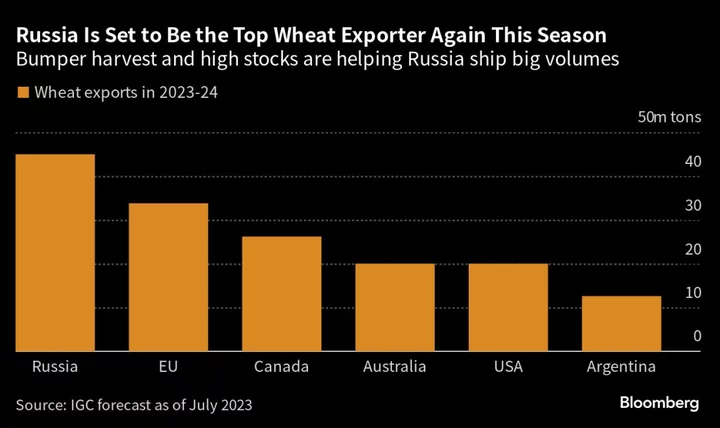
Russia Signals Cheaper Grain Shipments to Friendly Countries
Russia may offer cheaper grain exports to countries that have not imposed sanctions, the latest sign that Moscow
2023-08-03 22:48

Argentina inflation seen at 142% this year, down from previous poll
BUENOS AIRES Expectations for galloping consumer prices in Argentina remain solidly in triple-digit territory, a monthly analyst poll
2023-07-08 07:27
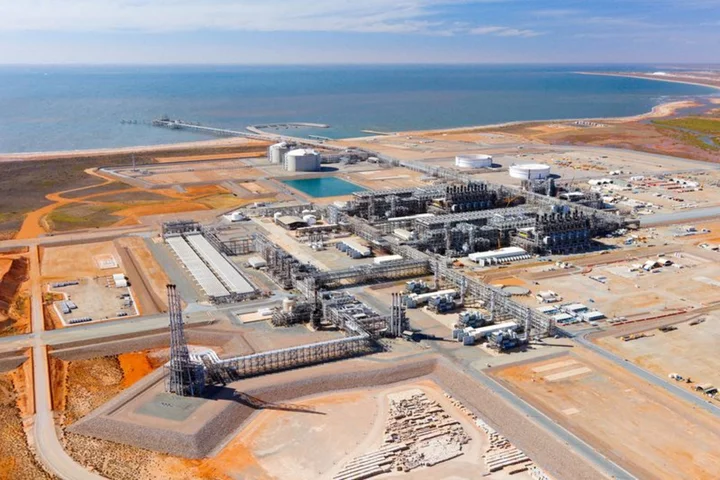
Chevron Australia, LNG unions make progress in talks, more planned for Monday
By Lewis Jackson SYDNEY Negotiations over a pay and conditions deal between Chevron and unions at its liquefied
2023-10-13 14:54

US judge rejects 3M effort to resolve earplug lawsuits in bankruptcy
By Dietrich Knauth NEW YORK A U.S. judge on Friday dismissed the bankruptcy of 3M subsidiary Aearo Technologies,
2023-06-10 01:59
You Might Like...

Anglo-French deal could create Europe's biggest lithium producer
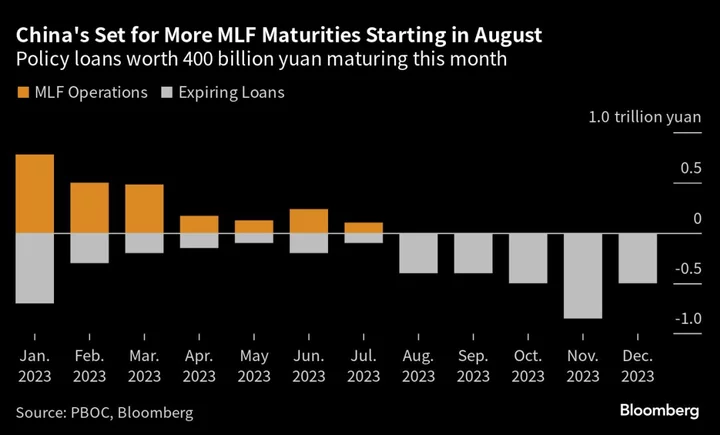
China’s Economic Recovery Faces Fresh Risks From Property Crisis

Hong Kong Pollster Plans to Stop Publishing Some Survey Results

Biden, congressional leaders likely to meet Tuesday for talks on raising the debt limit
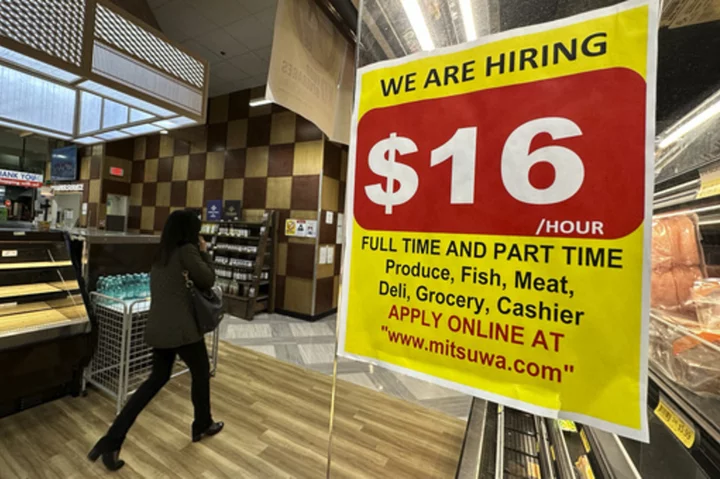
US jobless claims remain at historically low 209,000, a sign of continuing labor market strength

Cheniere quarterly revenue tumbles on lower LNG prices

Republicans propose spending $614M in public funds on Milwaukee Brewers' stadium upgrades

Movado Group, Inc. unveils new Calvin Klein watches and jewelry campaign starring Lila Moss
